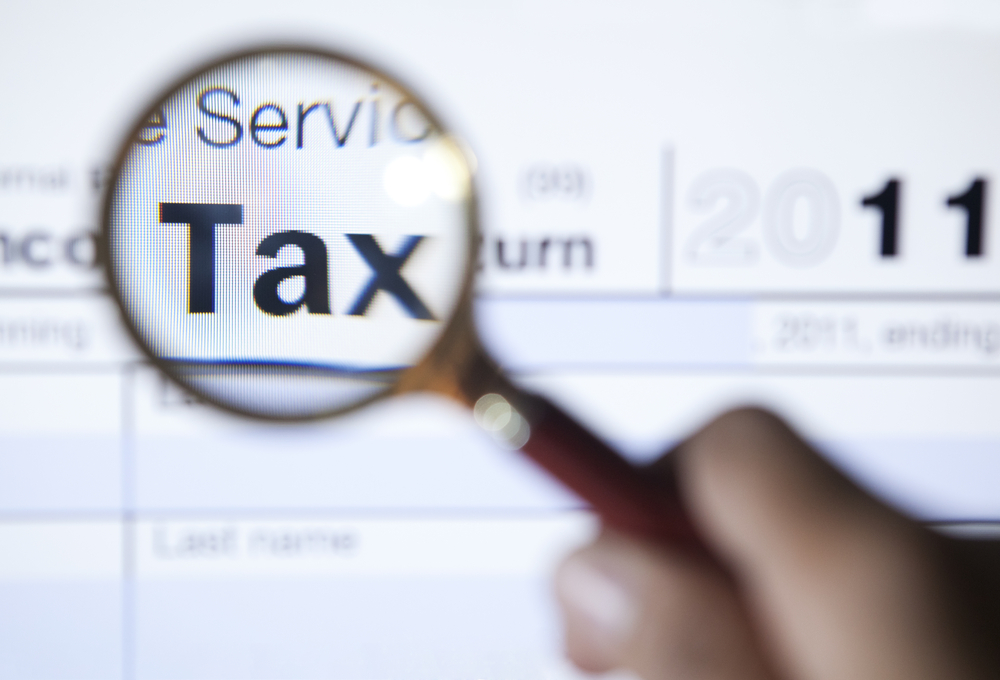The GCC is a huge body maintaining the financial and economic matters in the entire gulf. To our benefit, GCC, i.e. Gulf Cooperation Council is an alliance of six major Middle Eastern gulf countries comprising of KSA (Kingdom of Saudi Arabia) Kuwait, UAE, Qatar, Bahrain and Oman. It was established in 1981 and since then the alliance has brought the gulf-centric Middle East to where it stands today. The GCC is a powerful friendship of these six economies and now they’ve brought in another surprise for us to witness that will change the way the economic machinery will work come the January of 2018.
The recent agreement between GCC has been finalized and the countries have joined hands in introducing 5% of VAT (Value Added Tax) from January the 1st, 2018. This will drastically change the Gross Domestic Product of every economy it will be implemented on. GCC has given a timeline of exactly one year, i.e. from January 1st, 2018 to January 1st, 2019 for all gulf countries to have implemented the VAT. The implementation will first be started with UAE on the aforementioned date and this article is basically a brief look at the impact of the VAT on UAE’s and in particular Dubai’s economy.

UAE’s vast and bright future with VATs
Any country’s decision to introduce tax increments is always frowned upon but for UAE, and especially Dubai, which is entirely a tax free nation; this is a near breath of fresh air. This is the push that the already growing and expanding economy of Dubai wanted, if not needed. The announcement was made by Obaid Humaid Al Tayer who is UAE’s Minister of State of Financial Affairs. This announcement was made after his meeting with the Managing Director at IMF (International Monetary Fund), Christine Lagarde.
The agreement on the framework’s implementation introduced by GCC will start this year’s June and once the agreement on the framework’s implementation will be reached by the entirety of the GCC alliance, only then will the countries have a year after January of 2018 to have the framework in actual practice.
Of course this will drastically change the private sector of Dubai and UAE as a whole, who’ll stay a prominent example for the rest of the GCC countries. This, for obvious reasons, will require immense amount of work by each economy, especially UAE, since they’re the first in line for this.
TAX Impacts and Exceptions: A closer look at Dubai
Although 5% of VAT is being introduced, there will be an exception on one hundred food items, healthcare and education. And even with this exception to VAT is somewhat small but generous; the expected revenue generation will be going beyond a speculated 12 billion dirhams and that’s a huge number for year-one of any country introducing the framework.
We all know that Dubai is a tax-free economy and when we’ve seen oil prices fall like the way they’ve fallen, this has greatly impacted the economy’s numerous sectors, especially construction and real estate, the only two most lucrative business sectors in Dubai. However, this decision was mainly bought to the table so that the sudden reduction in oil prices could be compensated in some healthy way and since taxes are a right of every government of any given economy, it was (so far) an effective decision to bring it to the table (although we have yet to see the true effects in the future).
Any feasible fiscal consolidation would have been discussed about at the GCC for a push in revenues and decrement in subsidies and so Lagarde came to the Middle East to convey the feelings of change that was required for the reality that is low oil prices. And so it was said by Lagarde that indirect taxation in the form of value added tax in very low single digits is the most effective way in compensating the reality at hand, and hence the figure of 5% was introduced. Corporate income tax was also another method of compensating to low oil prices but it was said by the IMF chief that such taxes are under speculation and that only the effects of single digit VATs will show if they are needed to be implemented or not.
Dubai is expected to generate at the least 2% annual increase in its GDP when the VAT of 5% is finally implemented. This will encourage a major revamping of the private sector and may even discourage job creation as a whole, but it will nonetheless be the financial benefit Dubai was looking for in a time like this. The effects are truly speculated to be wildly high however the bright side is, the impact of this VAT over per capita income is so little that it’s almost negligible for the single earning hand.
Stay tuned for more insights on Istathmir.com
